New year, new gardener? 9 top tips for eco-friendly gardening
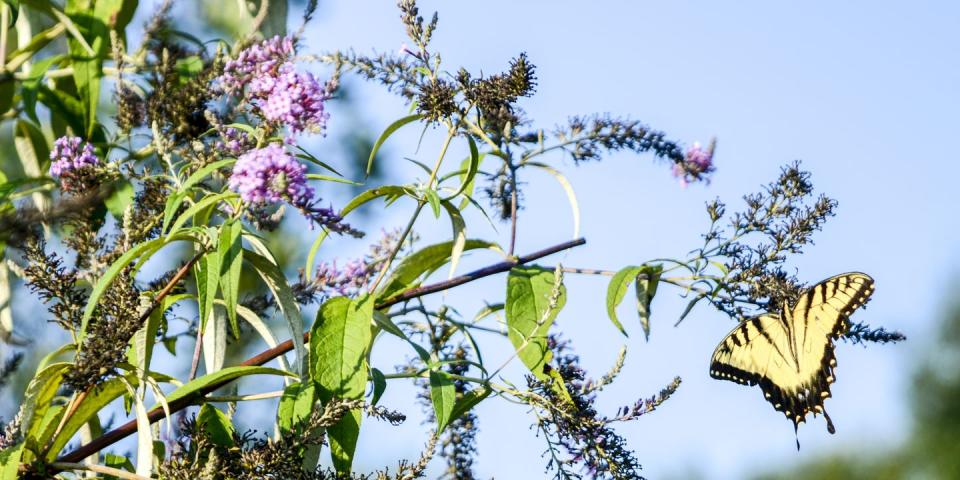
An interest in gardening is almost synonymous with a passion for the environment, so how do we undertake more sustainable gardening practices to ensure we are giving back just as much as we get out of our planet's resources?
Sustainable gardening doesn't just give you the validation of being someone of virtue, it also adds a number of positive benefits to an already-beneficial hobby. From using natural pest control methods to reducing water usage and repurposing materials, there are plenty of options to choose from. By taking a few extra steps, you can create a beautiful, sustainable garden that benefits both you and the environment.
Eco gardening gives you the opportunity to connect with your garden in a way that traditional gardening doesn't, as it will open pathways for you to think more profoundly about the materials you use and practices you're conducting; not just creating a deeper appreciation for the act of growing, but to encourage a continuation of a more sustainable process.
So, where to start? Well, there are many simple ways to make your gardening more sustainable and eco-friendly. Here are nine ideas...
1. Avoid pesticides
Chemical pesticides are often bought to remove some common garden pests like slugs and snails or kill unwanted weeds, however it can often contaminate soil, water, turf and other vegetation. It is harmful to bees, birds and other pollinators, so it will actually do more harm than good if your goal is to grow plants and flowers.
Imogen Stuckes, florist and grower at Flowers by Imogen, grows flowers sustainably and pesticide-free in Somerset for her floristry business: 'There are lots of great eco anti-pest products around now; we like Green Protect slug pellets which biodegrade, and ecofective Rose Defender which gets rid of things like whitefly.'
You could also try using natural alternatives such as neem oil, garlic spray, or homemade remedies like a mixture of soap and water. Not only are these methods better for the environment, but they can also be safer for you and your family.
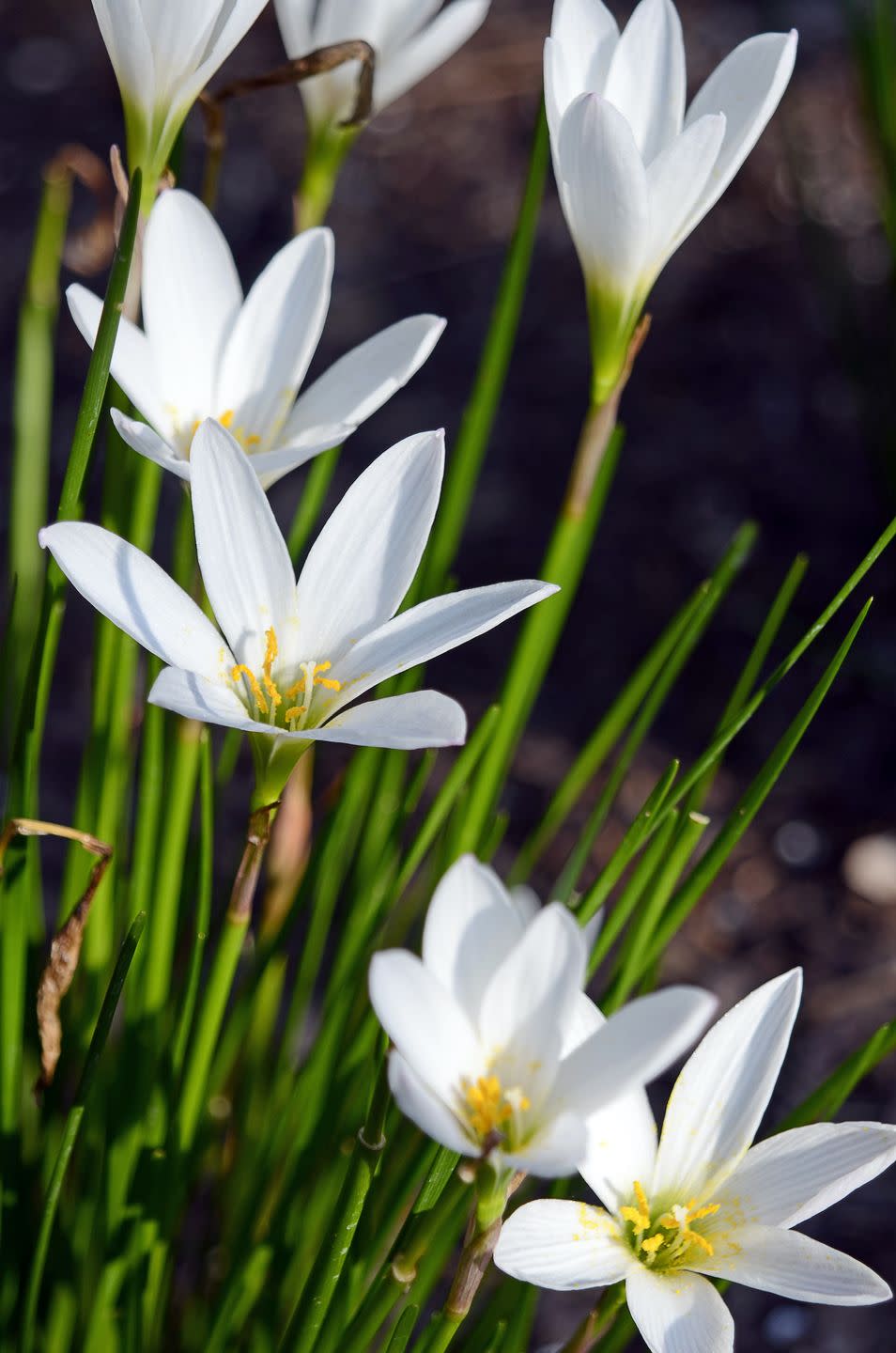
2. Collect rainwater
Rainwater is actually better for our plants because it has a lower pH than hose or tap water. It has more nitrates to aid growth and more oxygen to keep plants healthy, a win-win! Water butts are a fantastic way to collect rainwater for your plants and many local councils have schemes in place to provide subsidised water butts, helping gardeners to save water and reduce their metered water bills. But with 2022 being the hottest year on record for the UK, with record temperatures of 40C, Mike Futia, founder of Nerd Lawn, says it's also a good idea to reduce your water usage in the garden all together. 'One way to do this is by using drought-resistant plants and mulch to help retain moisture in the soil,' he says.
3. Create your own compost
Compost can be a costly addition to your gardening routines as there are many varieties and different types of compost for different plants or growth times. So, making your own compost at home is not only a money-saving option, but you will get a much more nutrient-dense compost compared to some supermarket options. Not only this, but you are reducing your plastic waste with the lack of compost bags to dispose of.
Compost can be made at home by using your kitchen scraps or old grass clippings with cardboard and woody stems. The trick to creating good compost is all in the ratio of green to brown materials and ensuring a mix of nitrogen and carbon rich matter. Instead of sending your waste to landfill, repurpose it to help your plants stay happy and healthy.
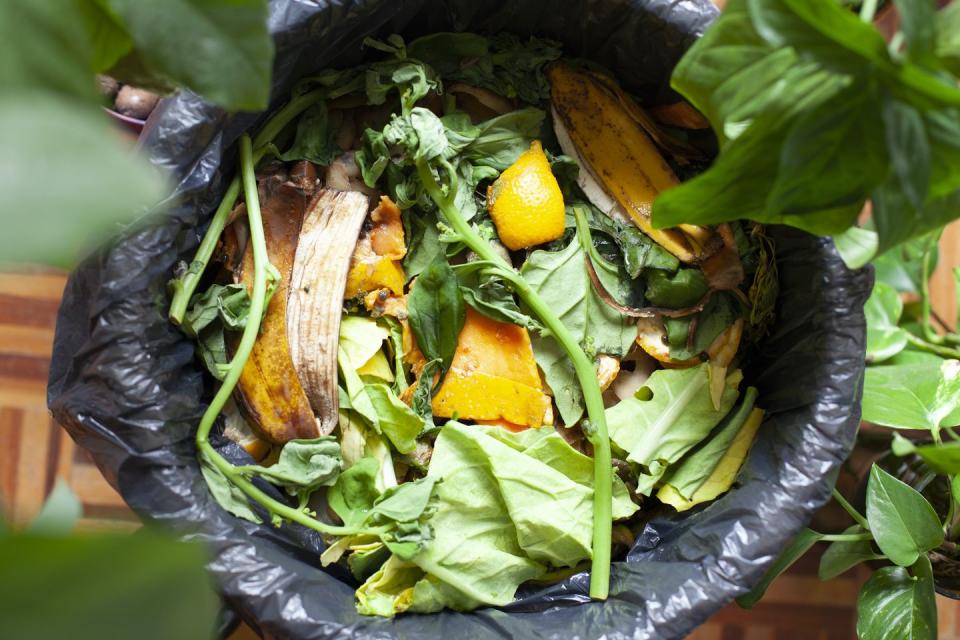
4. Use the no-dig method
Try and use a no-dig method if possible when growing, as this is better for the soil and means your soil will be better quality for years of growing to come. Instead of undergoing hard work digging far into the ground, you let cardboard (gather this from home by reusing parcel boxes) and compost biodegrade and kill all the weeds before you start planting. You only need to make a small hole to plant everything in your newly rich soil.
5. Grow Your Own
According to the Horticultural Trades Association, 35 per cent of British adults say they use their garden or outdoor space (balcony/window box) to grow their own herbs, fruit and vegetables. 'Grow Your Own' or GYO is growing in popularity as people look to have healthier alternatives and to eat more seasonally and have fresh ingredients in their food.
Tom Barry, CEO at Hartley Botanic, adds: 'The desire to live in a more sustainable way and play a daily part in fighting the climate emergency is another reason for a continuing interest in "grow your own". Consumers are keen to find ways to reduce their reliance on plastic packaging and are conscious of the impact their dietary choices have on the environment. A greenhouse offers a way to become less reliant on supermarket produce and, for some, facilitates the switch to a more veg-based diet.'
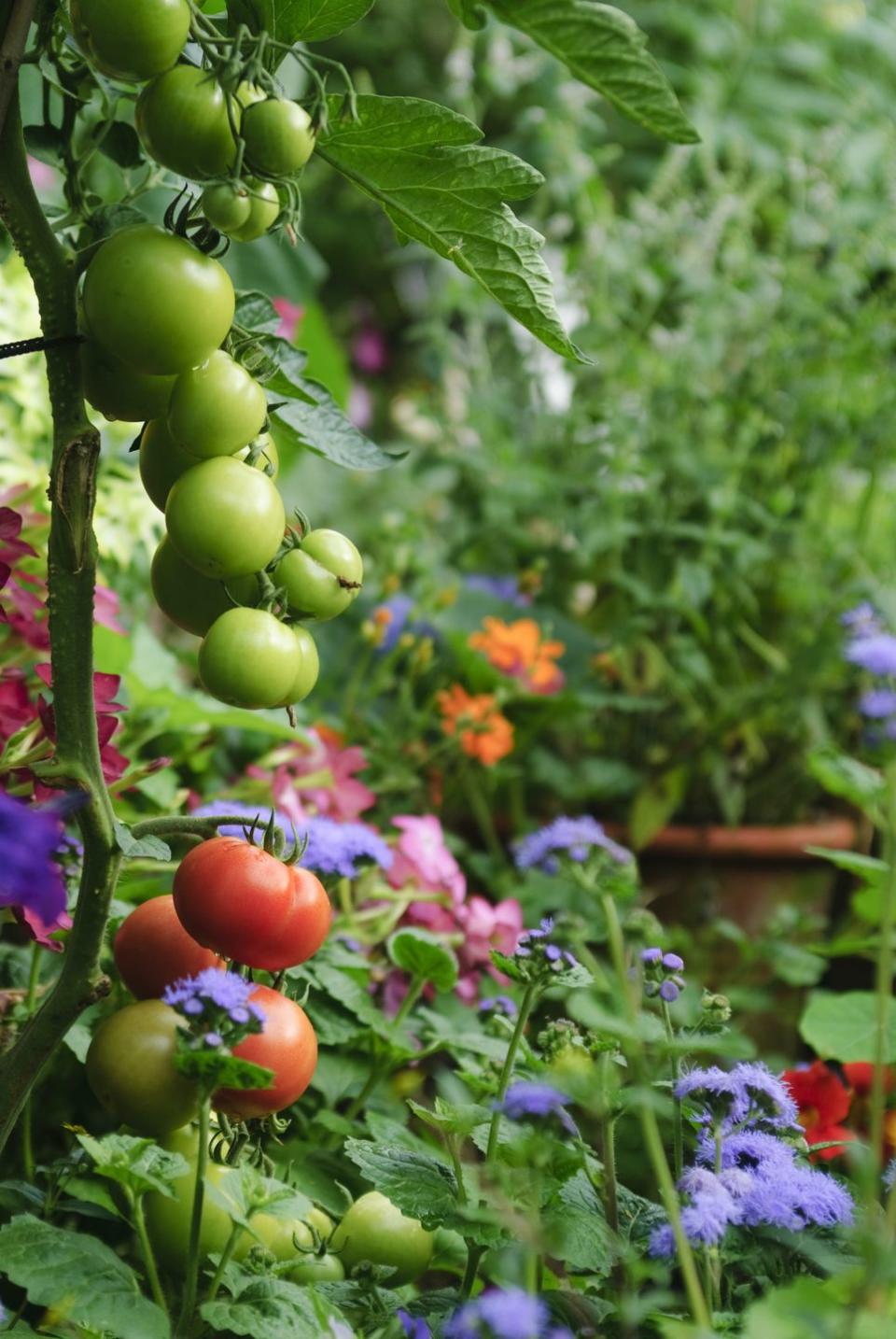
6. Use recycled materials
Another way to be more environmentally conscious in the garden is by using recycled or repurposed materials. For example, instead of buying new pots, try using old buckets or containers that you might otherwise throw away. As well as this, lots of people doing gardening clear outs will often have spare pots going for free on community pages – it's always a good idea to check there first before buying anything brand new. There are lots of excellent ways you can repurpose materials to be used in your garden; you can reuse plastic bottles and repurpose them into a seed tray or a bird feeder, and you can even use newspaper or cardboard as weed barriers instead of plastic.
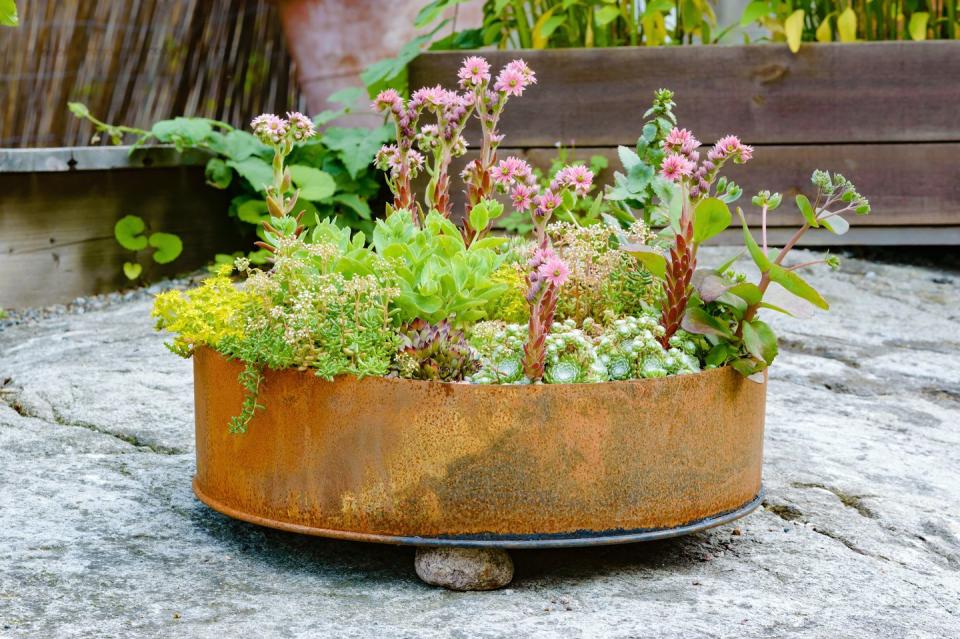
7. Choose native plants
Native plants are plants that exist naturally within an area or region. They are important because they have co-evolved to support the ecological systems that exist where you are too – like providing shelter for mammals and nectar for pollinators. Without this your natural surroundings can become threatened and imbalanced. Some native plants for the UK for example are marsh marigold, cowslip, cornflower, meadowsweet, woodruff or wood anemone.
Mike weighs in: 'It's also important to consider the overall impact of your garden on the environment. This includes choosing native plants that are well suited to your local climate, as well as avoiding invasive species that can harm local ecosystems.'
8. Invite nature into your garden
Being environmentally conscious means having a greater understanding for nature, wildlife and biodiversity in our gardens, so a great way to demonstrate this is by inviting it into your space through mediums like bird feeders, or creating a DIY hedgehog feeding and watering station (use a shallow dish for water), which will help them build energy for raising hoglets and improve their fat reserves for the long winter hibernation.
9. Make your own plant food or fertiliser
Along the same lines of making your own compost, did you know there are many food scraps that are fantastic fertilisers for your houseplants and outdoor plants? There are an abundance of 'plant teas' that all have different benefits according to which plant requires them. For example, banana peels are full of potassium, we all knew that was great for our human bodies, but it's also fantastic for plants like roses, peppers or chillies. Simply put a few banana peels in an old sauce jar and fill with water. Leave to soak for a few weeks and use the water in your next plant feed. Throw the banana peels in your compost pile and it’s as easy as that.
Follow House Beautiful on TikTok and Instagram.
You Might Also Like

 Yahoo Finance
Yahoo Finance 
